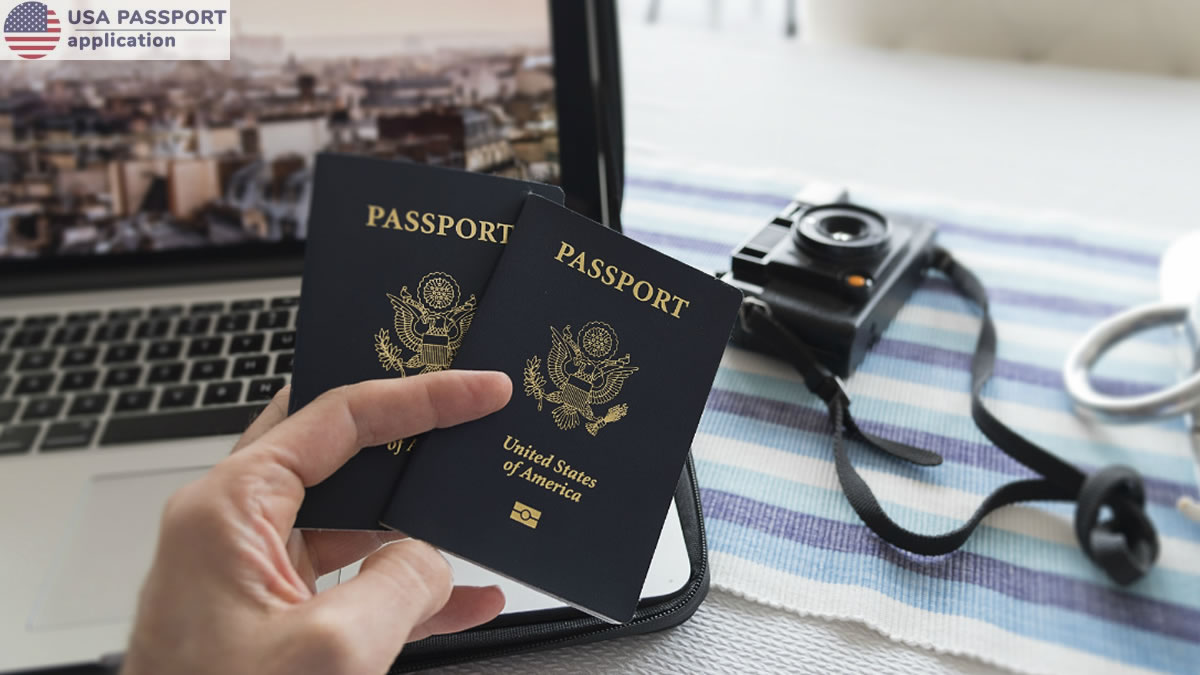In today’s fast-paced world, having quick access to quality healthcare services is more essential than ever. When an injury, suspected fracture, or health concern arises, knowing where to find an “X-ray lab near me” can be a game-changer. From understanding how X-ray labs operate to recognizing what factors to consider, this guide dives deep into everything you need to know to locate a reliable X-ray lab nearby.
What is an X-Ray and Why is it Important?
An X-ray is a form of electromagnetic radiation commonly used in healthcare to capture images of the inside of the body, particularly bones and joints. They are essential for diagnosing various medical conditions, such as fractures, infections, arthritis, and even some tumors. Medical professionals use X-ray technology as a fundamental diagnostic tool, making X-ray labs critical for patients’ health journeys.
Types of X-Rays Commonly Available at Local Labs
Depending on your medical needs, X-ray labs offer a variety of imaging services. Here are some of the common types:
- Chest X-Rays: Frequently used to examine the lungs, heart, and chest wall, often essential for diagnosing respiratory conditions like pneumonia or tuberculosis.
- Bone X-Rays: Used to assess fractures, joint health, and conditions like osteoporosis.
- Abdominal X-Rays: Help diagnose digestive and abdominal issues by capturing images of the stomach, intestines, and other organs.
- Dental X-Rays: These are crucial for dental health, detecting cavities, bone loss, and other oral health issues.
Each of these types requires specific imaging techniques, and not all labs may offer every type. So, when searching for an “X-ray lab near me,” it’s crucial to ensure that the facility provides the particular service you need.
How to Choose the Best X-Ray Lab Near You
Finding an X-ray lab involves more than just proximity. Here are some key factors to consider:
1. Certifications and Accreditation
- Look for labs accredited by healthcare authorities or radiology boards. This ensures that the facility follows strict quality standards for accuracy and safety.
2. Quality of Equipment
- X-ray technology has improved significantly, with newer machines producing clearer images with lower radiation exposure. Inquiring about the equipment quality at a lab can give you confidence in the accuracy of your results.
3. Radiation Safety
- X-rays involve low levels of radiation exposure, so it’s crucial to choose labs that prioritize radiation safety, particularly if you’re a frequent visitor to radiology labs. Certified labs adhere to regulatory guidelines to minimize radiation exposure.
4. Convenience and Accessibility
- The best X-ray lab is one that’s conveniently located with flexible operating hours. Many labs now offer online booking systems, walk-in appointments, and even mobile imaging units that bring services to your home.
5. Cost and Insurance Coverage
- X-rays can range in price depending on the type and facility. In the U.S., for example, a basic chest X-ray can cost between $100 and $1,000. Check if the lab accepts your insurance or offers a transparent pricing structure.
6. Turnaround Time for Results
- Speed of results is essential for accurate, timely diagnoses. Some labs offer same-day or next-day results, particularly if they have in-house radiologists or teleradiology services that can interpret the images quickly.
Average Cost of X-Rays: What to Expect
The cost of an X-ray can vary widely based on location, the type of X-ray, and the facility’s pricing structure. Here’s a general overview of average costs in the United States:
- Chest X-Ray: $100 – $1,000
- Dental X-Ray: $25 – $750
- Bone X-Ray: $100 – $1,000
- Abdominal X-Ray: $50 – $500
To avoid surprises, check if the X-ray lab provides transparent pricing or if they offer payment plans or sliding scales for uninsured patients.
How to Find a Reliable “X-Ray Lab Near Me”
Finding a reliable X-ray lab doesn’t have to be overwhelming. Here’s a step-by-step process to help you locate the right facility:
- Use Search Engines Effectively
- A quick Google search for “X-ray lab near me” will yield multiple options. Check reviews on Google or Yelp for insights into patient experiences and lab reliability.
- Consult Healthcare Providers
- Many primary care physicians or specialists have preferred radiology centers. Ask your doctor for a recommendation—they can guide you to facilities known for quality service and accurate diagnostics.
- Leverage Online Medical Directories
- Websites like Zocdoc, Healthgrades, or even local hospital directories can help you locate X-ray labs nearby. These directories often include information on insurance acceptance, available services, and reviews.
- Check with Insurance Providers
- Most insurance providers have online tools or customer service representatives who can recommend in-network X-ray labs, which can help lower out-of-pocket expenses.
The Role of Technology in X-Ray Labs Today
In the era of rapid technological advances, X-ray labs are continually upgrading to offer patients better, faster, and safer services. Here are a few innovations that might be available at advanced labs:
- Digital X-Rays: Unlike traditional film X-rays, digital X-rays offer quicker image production, higher resolution, and lower radiation exposure. Additionally, digital images can be shared instantly with doctors through electronic medical record systems.
- Teleradiology: Some labs utilize teleradiology, where images are sent to radiologists remotely. This setup enables quicker interpretations, especially in rural areas with limited access to on-site radiologists.
- Mobile Imaging Units: A few labs provide mobile X-ray units, bringing services directly to patients’ homes, which is particularly helpful for individuals with mobility issues or in urgent situations.
FAQs on Finding and Using an X-Ray Lab Near You
Q1: Do I need a referral to get an X-ray?
A: It depends on the facility and your insurance policy. Some X-ray labs accept walk-ins, while others require a doctor’s referral to ensure the X-ray is medically necessary.
Q2: How long does an X-ray appointment typically take?
A: Most X-ray appointments are quick and last between 10 and 30 minutes, depending on the type and complexity of the imaging needed.
Q3: Are X-rays safe for children and pregnant women?
A: X-rays are generally safe, but special precautions are taken for children and pregnant women to minimize radiation exposure. Always inform the technician if you are pregnant or suspect you may be.
Q4: What should I bring to my X-ray appointment?
A: Bring a valid ID, insurance card, referral if required, and any previous X-rays for comparison, if applicable.
Q5: How soon will I receive my X-ray results?
A: The turnaround time varies by facility. Some labs offer same-day or next-day results, while others may take a few days if the images need to be reviewed by a radiologist.
Why Convenience and Quality Matter
When choosing an “X-ray lab near me,” the convenience and quality of the service are just as important as the cost. A well-located, efficient X-ray lab can significantly reduce the stress associated with diagnostic imaging. Knowing that you’ll receive accurate, timely results is crucial for both patients and physicians making important healthcare decisions.
In Conclusion
Finding the right X-ray lab is a crucial step in ensuring you receive accurate and timely medical diagnosis and care. Whether you’re dealing with a sudden injury, managing a chronic condition, or need routine imaging, knowing where to find a high-quality, affordable, and convenient X-ray lab can save you time, reduce stress, and improve your overall healthcare experience.
Have you found a trusted “X-ray lab near me” that meets all your requirements?
Also know Comprehensive Guide to Full Body Health Checkups in Bangalore.


